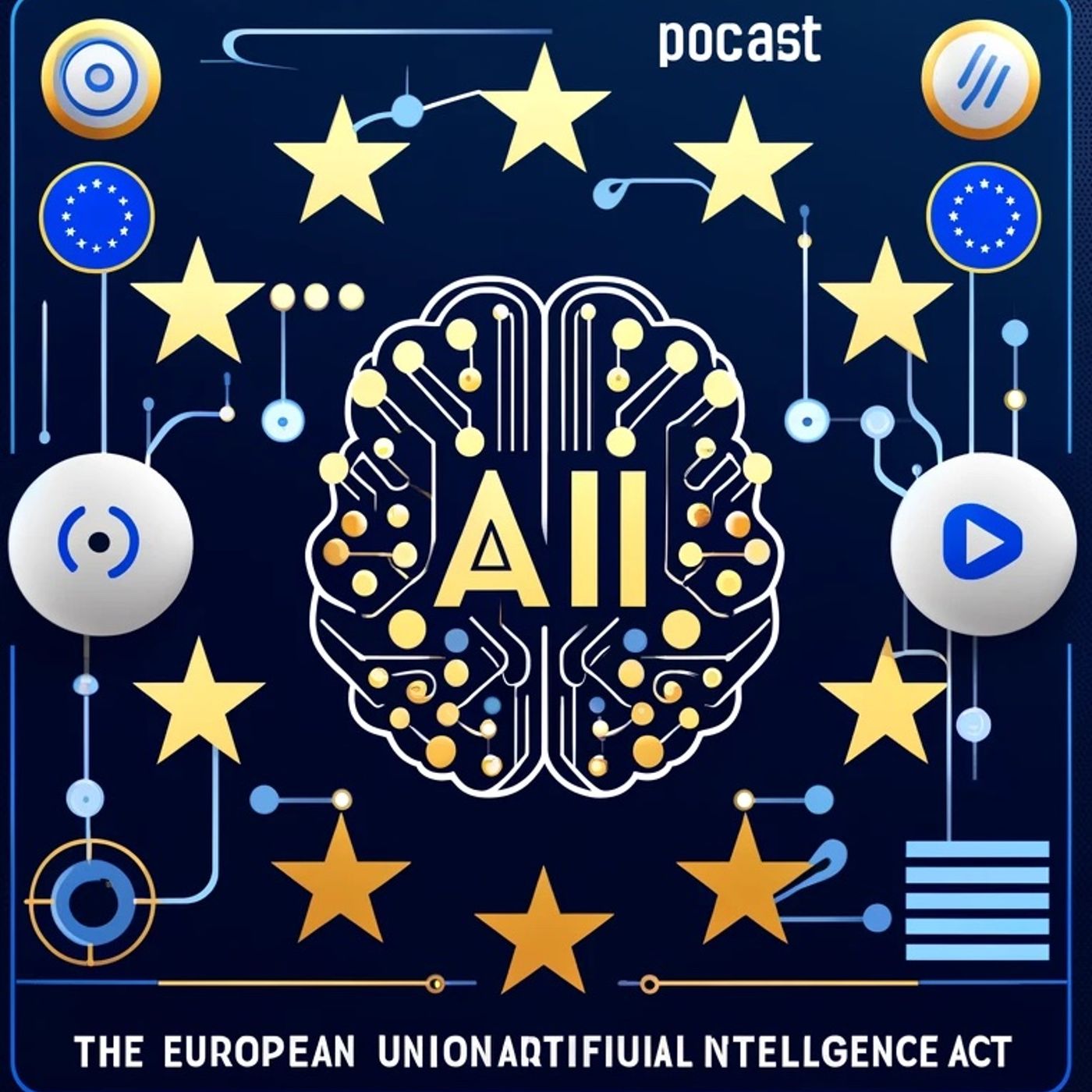Feb 02 2025 2 mins
As I sit here, sipping my morning coffee, I'm reflecting on the monumental day that has finally arrived - February 2, 2025. Today, the European Union's Artificial Intelligence Act, or the EU AI Act, begins to take effect in phases. This groundbreaking legislation is set to revolutionize how AI systems are developed, deployed, and used ethically across the globe.
The AI Act's provisions on AI literacy and prohibited AI uses are now applicable. This means that all providers and deployers of AI systems must ensure their staff have a sufficient level of knowledge and understanding about AI, including its opportunities and risks. This requirement applies to all companies that use AI, even in a low-risk manner. In practice, this typically means implementing AI governance policies and AI training programs for staff.
But what's even more critical is the ban on certain AI systems that pose unacceptable risks. Article 5 of the AI Act prohibits AI systems that manipulate or exploit individuals, perform social scoring, and infer individuals' emotions in the areas of workplace or education institutions. This ban applies to companies offering such AI systems as well as companies using them. The European Commission is expected to issue guidelines on prohibited AI practices early this year.
The enforcement structure is complex, with each EU country having leeway in how they structure their national enforcement. Some countries, like Spain, have taken a centralized approach by establishing a new dedicated AI agency. Others may follow a decentralized model where multiple existing regulators will have responsibility for overseeing compliance in various sectors.
The stakes are high, with fines for noncompliance ranging from EUR 7.5 million to EUR 35 million or up to 7% of worldwide annual turnover. The AI Act also provides for a new European Artificial Intelligence Board to coordinate enforcement actions.
As I ponder the implications of this legislation, I'm reminded of the words of Laura De Boel, a leading expert on AI regulation, who emphasized the need for companies to implement a strong AI governance strategy and take necessary steps to remediate any compliance gaps.
The EU AI Act is not just a European issue; it has far-reaching extraterritorial effects. Companies outside the EU that develop, provide, or use AI systems targeting EU users or markets must also comply with these groundbreaking requirements.
As the world grapples with the ethical and transparent use of AI, the EU AI Act sets a global benchmark. It's a call to action for companies to prioritize AI literacy, governance, and compliance. The clock is ticking, and the first enforcement actions are expected in the second half of 2025. It's time to get ready.
The AI Act's provisions on AI literacy and prohibited AI uses are now applicable. This means that all providers and deployers of AI systems must ensure their staff have a sufficient level of knowledge and understanding about AI, including its opportunities and risks. This requirement applies to all companies that use AI, even in a low-risk manner. In practice, this typically means implementing AI governance policies and AI training programs for staff.
But what's even more critical is the ban on certain AI systems that pose unacceptable risks. Article 5 of the AI Act prohibits AI systems that manipulate or exploit individuals, perform social scoring, and infer individuals' emotions in the areas of workplace or education institutions. This ban applies to companies offering such AI systems as well as companies using them. The European Commission is expected to issue guidelines on prohibited AI practices early this year.
The enforcement structure is complex, with each EU country having leeway in how they structure their national enforcement. Some countries, like Spain, have taken a centralized approach by establishing a new dedicated AI agency. Others may follow a decentralized model where multiple existing regulators will have responsibility for overseeing compliance in various sectors.
The stakes are high, with fines for noncompliance ranging from EUR 7.5 million to EUR 35 million or up to 7% of worldwide annual turnover. The AI Act also provides for a new European Artificial Intelligence Board to coordinate enforcement actions.
As I ponder the implications of this legislation, I'm reminded of the words of Laura De Boel, a leading expert on AI regulation, who emphasized the need for companies to implement a strong AI governance strategy and take necessary steps to remediate any compliance gaps.
The EU AI Act is not just a European issue; it has far-reaching extraterritorial effects. Companies outside the EU that develop, provide, or use AI systems targeting EU users or markets must also comply with these groundbreaking requirements.
As the world grapples with the ethical and transparent use of AI, the EU AI Act sets a global benchmark. It's a call to action for companies to prioritize AI literacy, governance, and compliance. The clock is ticking, and the first enforcement actions are expected in the second half of 2025. It's time to get ready.
